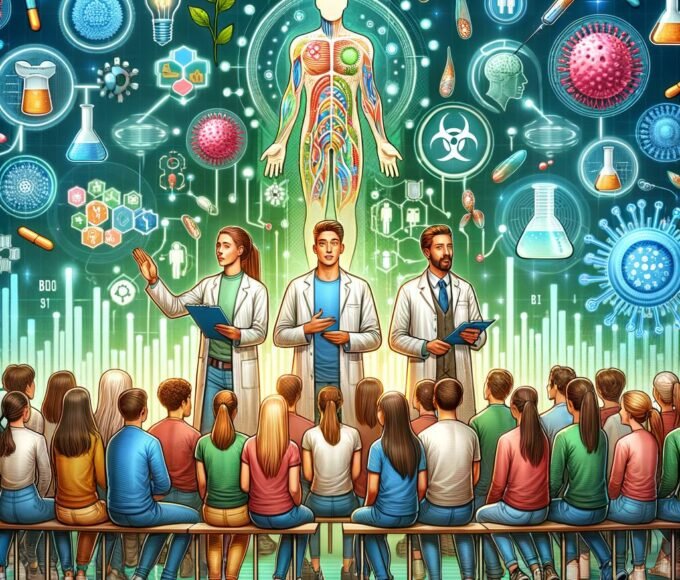Health care is constantly evolving, and one of the most significant advancements in recent years is the incorporation of artificial intelligence (AI) into patient care. From diagnosing diseases to predicting treatment outcomes, AI is revolutionizing the way health care is delivered, and its impact on the future of medicine is profound.
One of the most exciting applications of AI in healthcare is in diagnosing diseases. Traditional methods of diagnosis often rely on the expertise of human physicians, which can be time-consuming and prone to errors. AI algorithms, on the other hand, can process vast amounts of clinical data and medical images to identify patterns and make accurate diagnoses. For example, AI has been used to detect early signs of diseases such as cancer and heart disease, leading to earlier and more effective treatments.
In addition to diagnosis, AI is also transforming treatment approaches. By analyzing patient data, AI algorithms can predict the most effective treatments for individual patients, allowing healthcare providers to personalize care and improve outcomes. AI can also help healthcare providers manage and monitor patient conditions through remote monitoring and predictive analytics, leading to better management of chronic diseases and reduced hospital readmissions.
Furthermore, AI is also being used to improve the efficiency of healthcare delivery. From optimizing hospital operations to streamlining administrative tasks, AI has the potential to reduce costs and improve access to care. For example, AI-powered chatbots can provide patients with personalized health advice and guidance, reducing the burden on healthcare providers and offering patients a convenient and accessible way to manage their health.
While the potential benefits of AI in healthcare are substantial, there are also challenges that need to be addressed. Concerns about privacy and data security, as well as the potential for bias in AI algorithms, need to be carefully managed to ensure that AI is used responsibly and ethically in healthcare settings.
Despite these challenges, it is clear that AI is reshaping the future of healthcare and has the potential to improve patient outcomes, enhance the efficiency of healthcare delivery, and transform the practice of medicine. As AI continues to advance, it will be essential for healthcare providers to embrace and leverage this technology to provide the best possible care for their patients. The future of health care is undoubtedly being shaped by artificial intelligence, and the possibilities for improving patient care are limitless.














